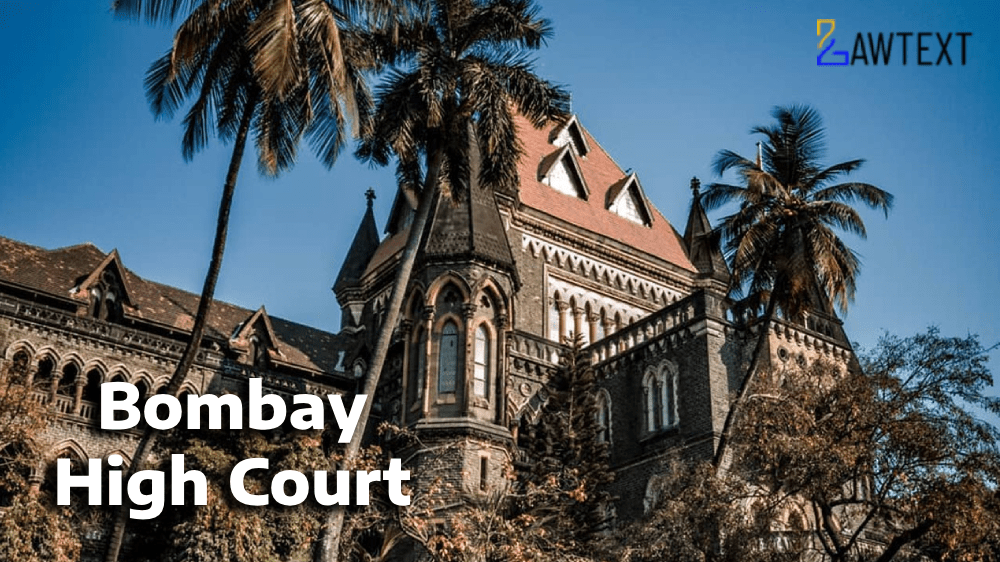

The Bombay High Court at Goa delivered its judgment on the writ petition filed by Shri Prashant S. P. Tendolkar, a retired Chief Information Commissioner of Goa. The petitioner sought various post-retirement benefits, including arrears of salary, pension, gratuity, and reimbursement for domestic help, as per the provisions and amendments related to the Supreme Court Judges (Salaries and Conditions of Service) Act, 1958. The court examined whether these benefits extended to the petitioner under the Right to Information Act, 2005, and corresponding legislation. The respondents argued against the inclusion of pensionary benefits, contending that the statutory provisions did not support such claims. The court's analysis revolved around interpreting the statutory language and its applicability to the petitioner's situation.
The petitioner, Shri Prashant S. P. Tendolkar, a retired Chief Information Commissioner of Goa, invoked the jurisdiction of the Bombay High Court at Goa under Article 226 of the Constitution of India. The petitioner sought various reliefs including the payment of arrears, pension, gratuity, and reimbursement for domestic help.
The judgment underscored the importance of precise statutory interpretation in determining the rights and benefits of public officials post-retirement. The case highlighted the complexities involved in aligning various legislative frameworks to address the claims of retired officials.
Citation: 2024 LawText (BOM) (8) 5
Case Number: WRIT PETITION NO.433/2021
Date of Decision: 2024-08-01
Case Title: SHRI PRASHANT S. P. TENDOLKAR Versus STATE OF GOA And Ors.
Before Judge: M. S. KARNIK & VALMIKI MENEZES, JJ.
Advocate(s): Mr R. G. Ramani, Senior Advocate with Mr Vinayak Nevrekar, Advocate for the Petitioner. Ms Maria Correia, Additional Government Advocate for the Respondents.
Appellant: SHRI PRASHANT S. P. TENDOLKAR
Respondent: STATE OF GOA And Ors.